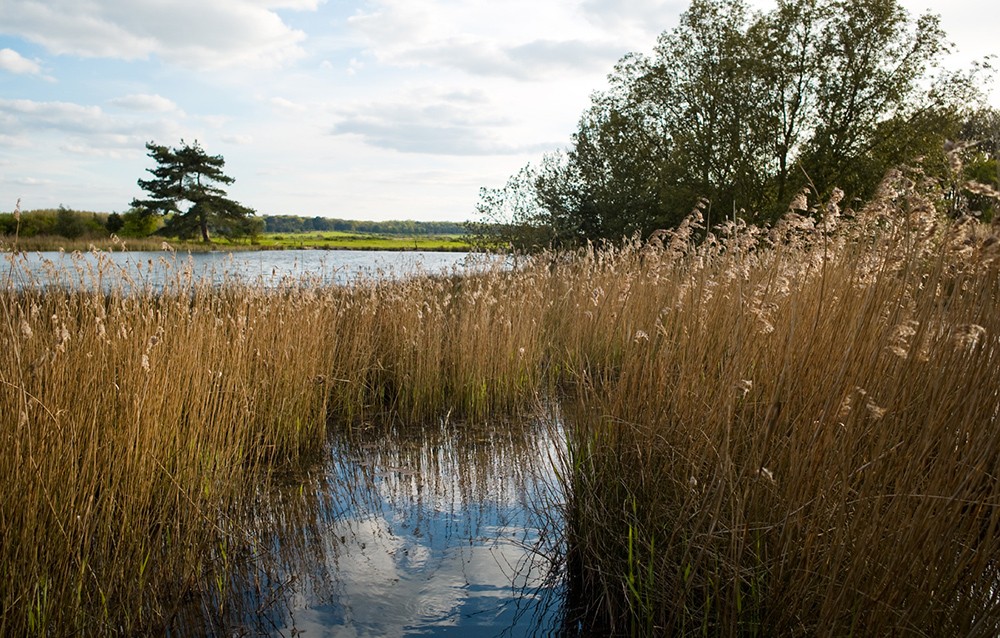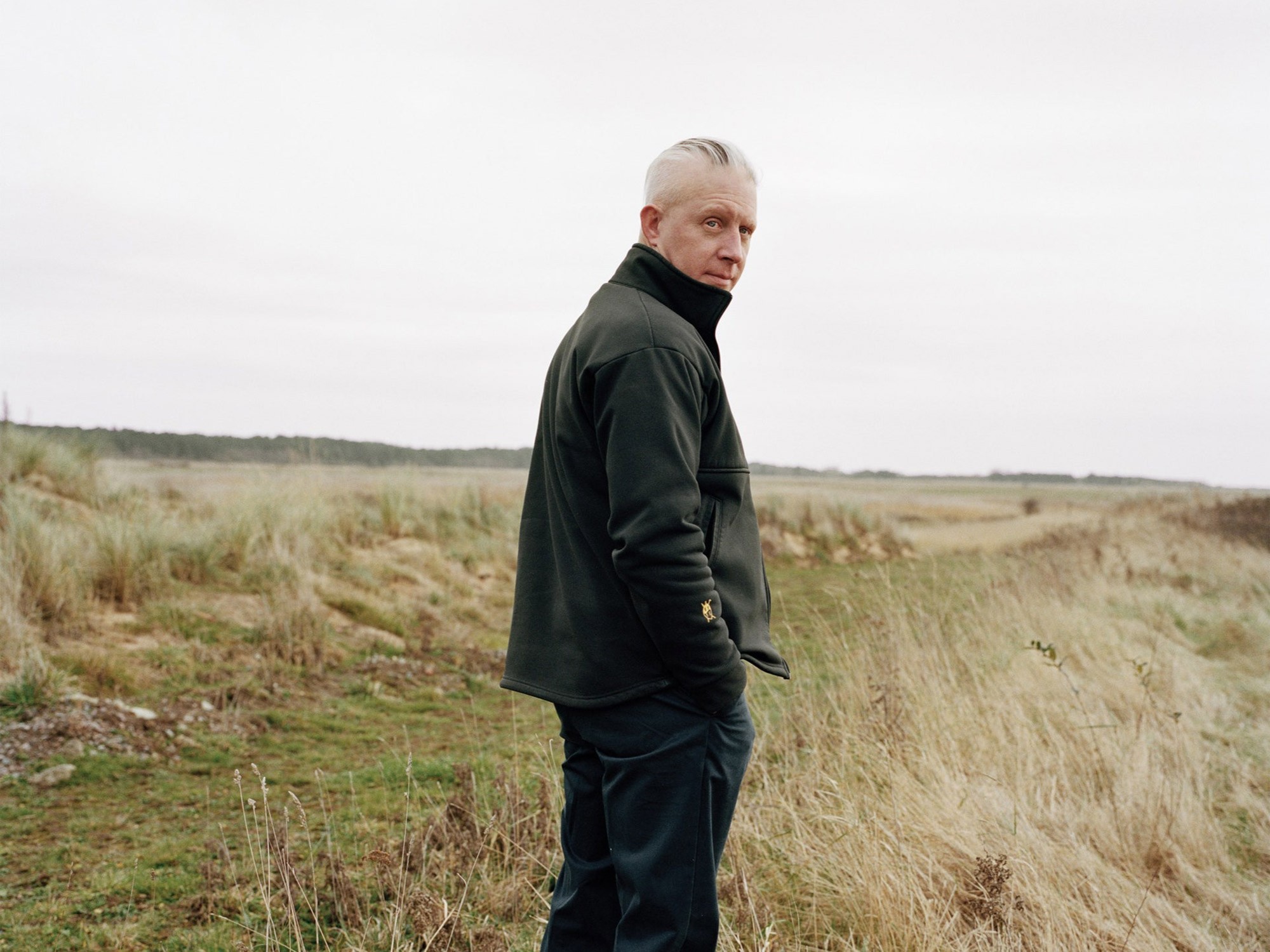
Changing the world one step at a time
Since arriving on the Holkham Estate just over three years ago, Jake Fiennes has seen his radical approach to land management and conservation bear fruit in more ways than one...
Two of his brothers are award-winning actors, another is a respected music producer in Los Angeles, his two sisters are film directors, and one of his cousins is one of the most famous explorers in the world. So how did Jake Fiennes come to be Director of Conservation on a country estate in north Norfolk?
It’s been an interesting journey.
His father Mark was a tenant farmer in the 1960s, and Jake had a natural affinity with nature from a very early age. When he was 10 he painted his face white to blend in with the family’s chickens. He liked keeping slow worms, he liked catching hornets, and he had a habit of storing roadkill in the family freezer.
While his brothers and sisters went into the arts Jake stayed with the natural world, which may seem a bit odd until you meet him.
“Everyone asks me why I didn’t become an actor, but I think the others were the odd ones out,” he says. “I was the normal one. The question should be why didn’t they all go into conservation and wildlife?”
The Holkham estate is one of the country’s most important private landholdings, covering about 25,000 acres that includes a nationally-important nature reserve, is visited by almost a million people every year, and operates a farming business that grows potatoes, sugar beet and barley.
And it’s also one of the places where the Agricultural Revolution started, thanks to the efforts of Thomas William Coke, 1st Earl of Leicester. New standards of food production, new approaches to growing crops, new systematic breeding programmes, and new ways of keeping nitrogen in the soil. These were visionary ideas, although 150 years later Jake finds himself with a host of other concerns.
In the last 50 years we’ve lost 44 million breeding birds, and around 97% of our hay meadows. Over 60% of our species are in serious decline - 68% of our starlings have disappeared, 91% of our grey partridges, and 25% of our moths. And around 250,000 miles of the country’s hedges have been destroyed. Now that’s what you call a challenge.
After leaving school, Jake worked briefly for a nightclub in London before spending three years working on the farm at Knepp Castle in West Sussex before moving to Stanage Castle in Wales, working as a gamekeeper.
The following year he came to Norfolk, working at the Raveningham estate and he was running it within six years. As resource-intensive farming increased, and chemicals and herbicides took their toll on the natural environment, Jake felt it was time to make a difference.
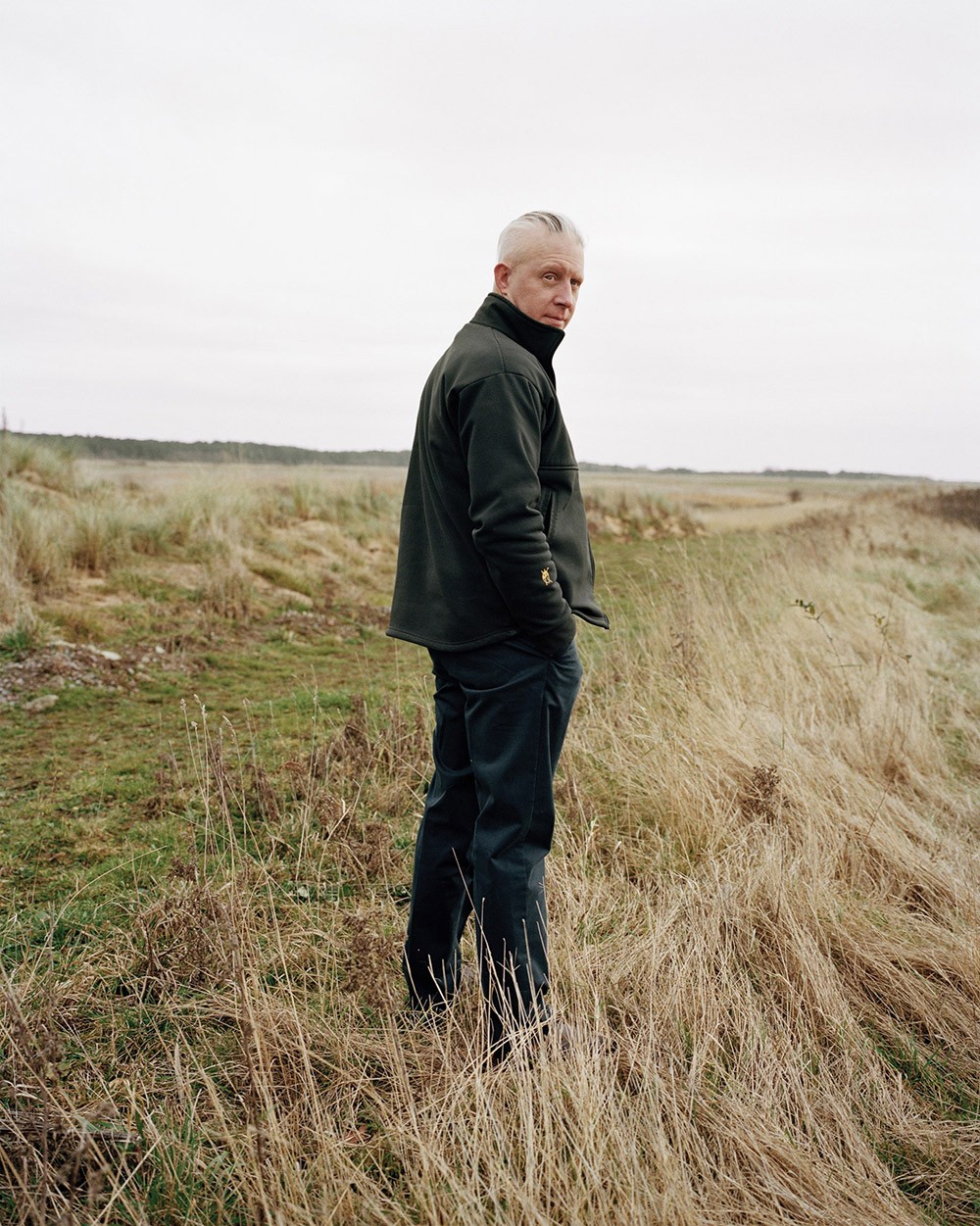
Everyone asks me why I didn’t become an actor, but I think the others were the odd ones out…
He planted 25 miles of hedges around the estate and thinned the woodlands to bring in more light. He consulted old maps and replanted trees. He brought sheep in to graze the land for the first time in over 100 years. He removed over 1,000 acres of food production from the Raveningham estate - but his increased yields from what remained made up the difference.
“I don’t think I’m doing anything special, and it’s certainly not rocket science,” he says. “It’s just common sense. And it’s definitely not all doom and gloom.”
Indeed. Since Jake arrived at Holkham towards the end of 2018, the lapwing population on the estate is back to what it was 20 years ago, and the numbers of spoonbill have doubled in the last couple of years. For two years running he’s seen a record number of breeding avocets, and last year his team recorded the highest-ever spawning of natterjack toads. Grey partridges have finally returned along with a number of rare plants and butterflies, and cattle egrets have bred on the estate for the first time ever.
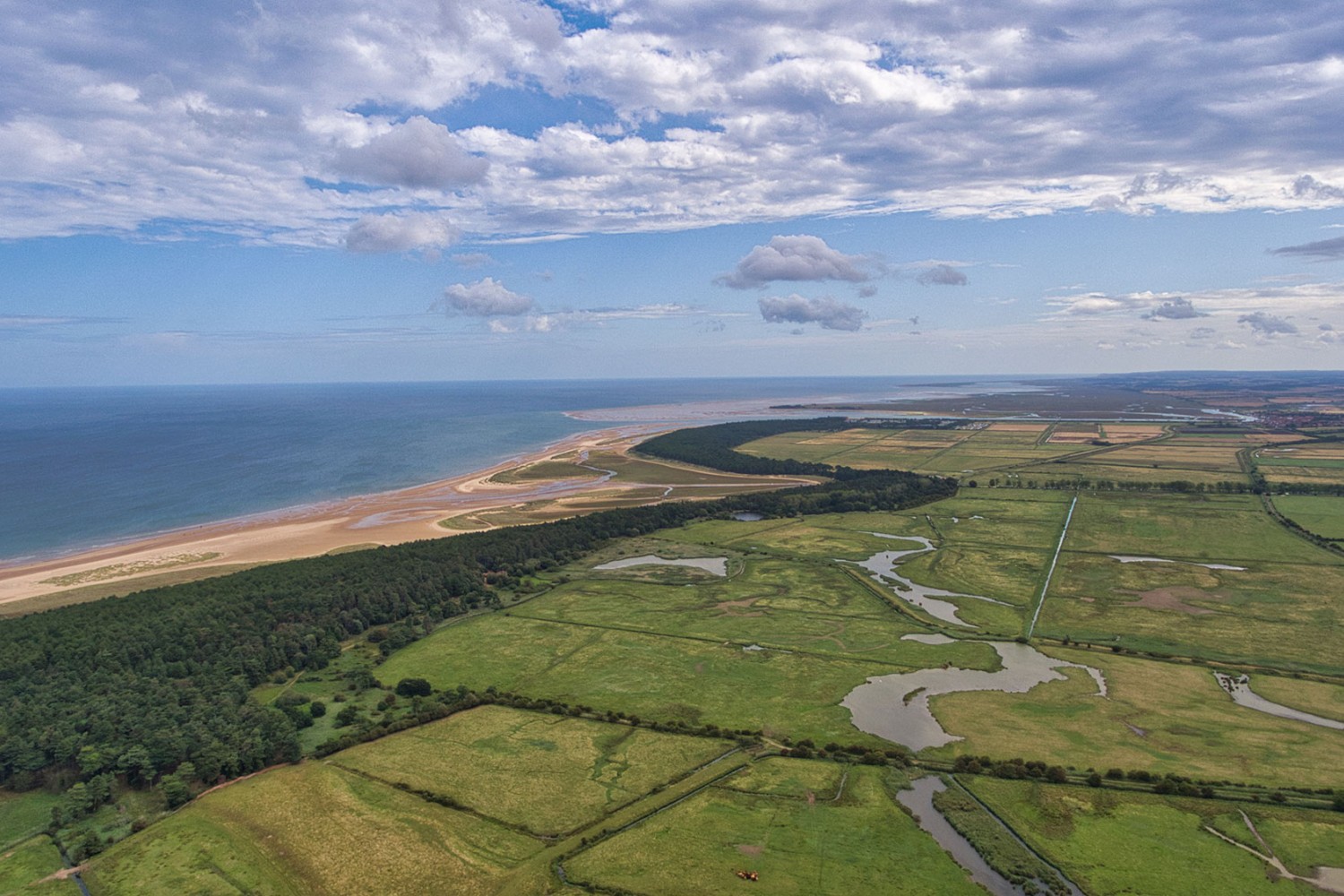
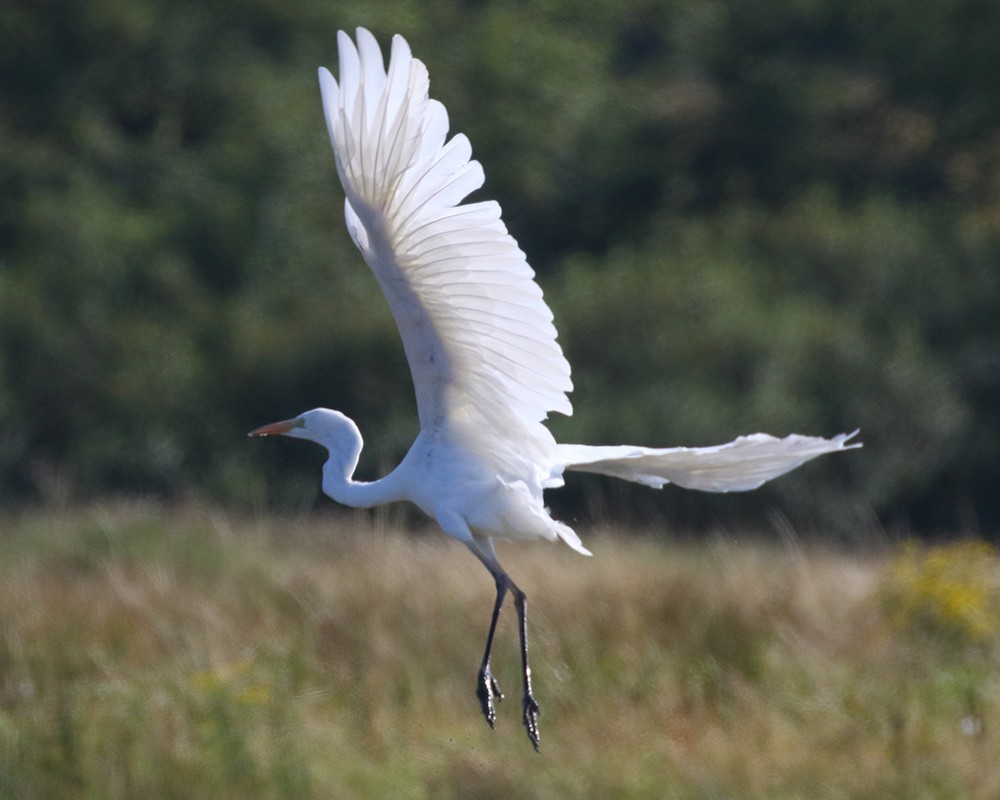
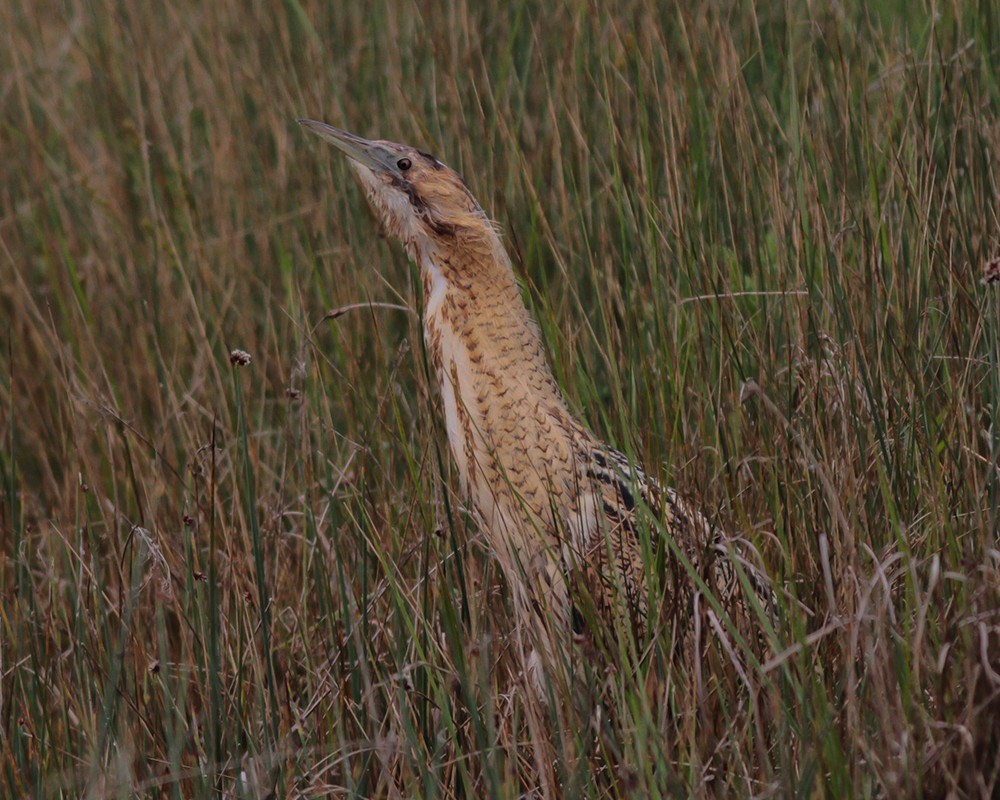
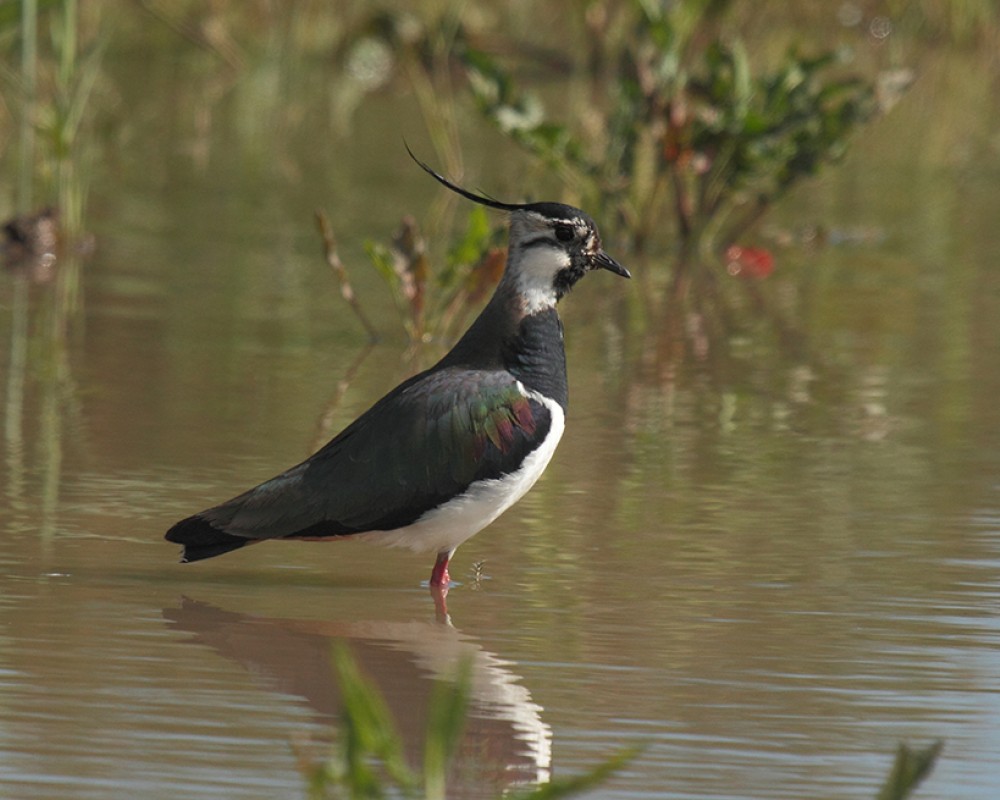
“You’ve got to be optimistic and you’ve got to be a realist,” says Jake, who spoke at COP26 in Glasgow last November. “We’re a species that relies almost entirely on fossil fuels, and you’re not going to change that overnight. You have to set targets, you have to make incremental changes, and you have to put the infrastructure in place to help you reach those targets.”
For Jake it’s all about striking a balance. While we need more housing, better transport networks and more food, we also need natural environments, a healthy ecosystem and sustainable habitats.
And if anyone can balance all that it’s Jake Fiennes.
“I feel deeply privileged and honoured to have this position and manage the largest privately-owned natural nature reserve in England,” he says. “Most people have a job. I have a passion that I’m paid for.”
Jake Fiennes’ book Land Healer will be published in April, and is partly a chronicle of his life in conservation and part manifesto on how to re-think our relationship with the natural world.
PICTURES: © Siân Davey (The New Yorker) / Andy Bloomfield / Paul Eele / Holkham Nature Reserve.
